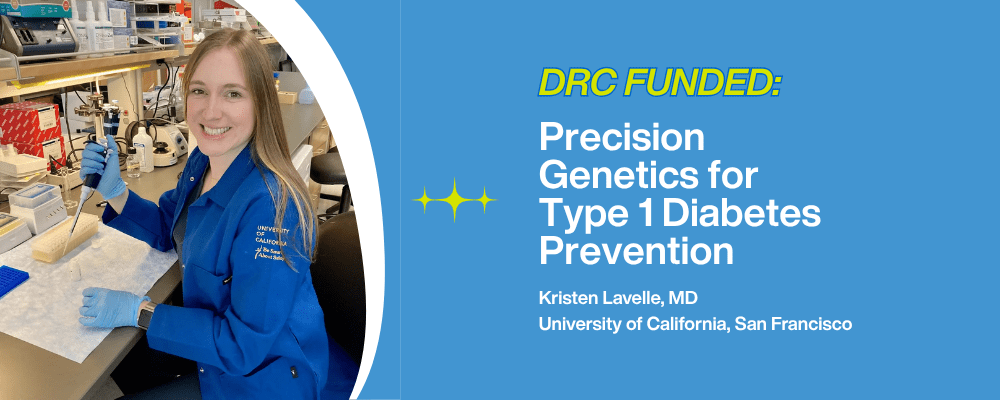While genetics do play a role in the development of type 1 diabetes (T1D), researchers also believe that environment contributes as well. There is no singular cause of T1D, and all of its risk and protective factors are yet unknown. However, one study is striving to build a comprehensive understanding of diverse environmental factors and the role they may play in children developing T1D.
Researchers launched The Environmental Determinants of Islet Autoimmunity (ENDIA) several years ago and recently received an additional $8.25M in funding to keep it going for another three years. Over the past seven years, they have enrolled 1,500 participants, which includes babies ranging from pregnancy up to six months in age who have at least one immediate relative with T1D. The babies are seen every three to six months until they reach at least age three.
The study looks at a wide range of environmental factors in an effort to gain a better understanding of what increases or decreases risk of developing type 1 diabetes. Factors include “growth during pregnancy and early life, the method of delivery (natural birth versus caesarean section), the mother’s nutrition during pregnancy, infant feeding (breastfeeding and/or formula), the duration of breastfeeding and the child’s nutrition, the child’s immune system and when the child received vaccines and exposure to viruses during pregnancy and early life.”
Not only did it take a long time to recruit participants, it will take several years to gather and analyze the long-term data in order to identify potential risk or protective factors and how each child was affected. With millions of people living with T1D, this study may help to improve treatment and prevention in the future, possibly leading to a vaccine one day.
Diabetes Research Connection (DRC) will continue to follow this study and see how results progress and what discoveries are made. In the meantime, the organization provides critical funding for early career scientists pursuing research on various facets of T1D. Studies are focused on preventing or curing diabetes, as well as reducing complications and improving quality of life for individuals living with the disease. Visit http://localhost/drc to learn more about current projects and support these efforts.




